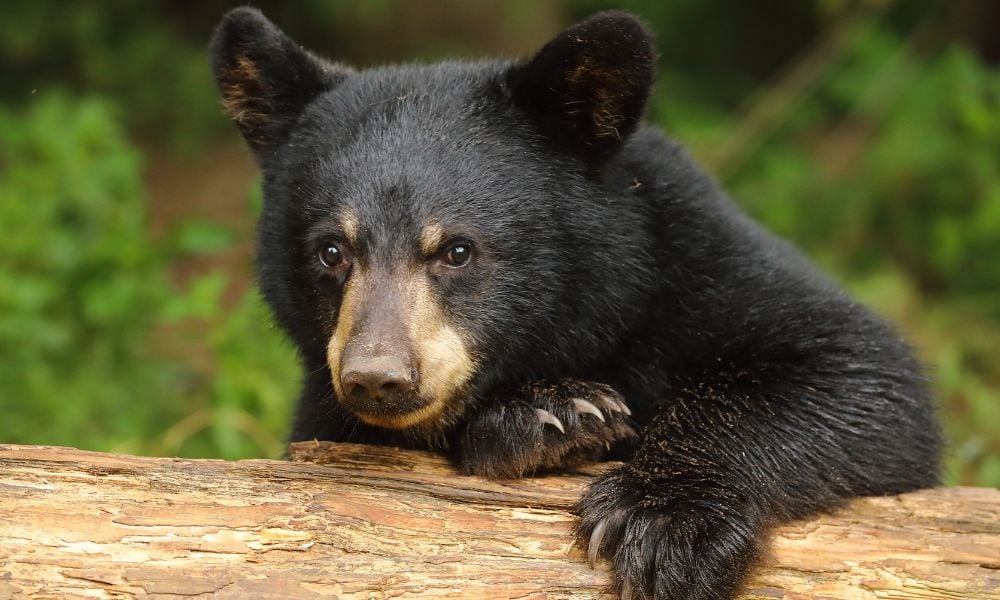Black bears in Vermont gained stronger legal protections from poachers thanks to the passage of a bill which prohibits the sale of bear paws and bear gallbladders.
The legislation — Bill S.301 — was signed into law by Governor Phil Scott of Vermont.
There was nothing legally stopping anyone in the state from selling bear paws or gallbladders before Bill S.301 passed — leaving black bears vulnerable to the illicit market for their body parts — according to Lt. Robert Currier, the district chief warden of the Vermont Fish and Wildlife Department.
The Vermont Fish and Wildlife Department reported that hunters have been sought out by poachers willing to pay great amounts of cash for gallbladders and bear paws. Black bear gallbladders are linked to Traditional Chinese Medicine. Bear paws are in demand in New York, other neighboring states, and China — for use in a “luxury” soup, according to the department. On the other side of the United States, California’s Fish and Wildlife Department reported finding a black bear with all four paws missing. The vile market has been a serious concern for black bear welfare.
Legislation like S.301, which cracks down on wildlife trafficking, is good news for animals everywhere. It sends the message that wild animals deserve to be protected.
“We wanted to make sure Vermont wasn’t a laundering site for illegal trade of wildlife parts,” said Lt. Robert Currier of Vermont Fish and Wildlife. “Now that we have new legislation in place, it will make it more enforceable, a better means of combating trafficking of these parts as they leave the state of Vermont.”
At least 7,000 black bears roamed the wilderness in Vermont last year, according to an estimate from The Vermont Fish and Wildlife Department. That’s good news, especially considering that conservationists once questioned whether the population could recover to a healthy number after reportedly dwindling in the 1960s, according to Vermont Fish and Wildlife Department’s bear biologist Jaclyn Comeau.
Black bears are smaller and typically more timid than other bear species. They mostly eat acorns, berries, and insects. This legislation recognizes that these sensitive bears do not deserve to be slaughtered so that poachers can profit from the sale of their body parts.
S.301 goes into effect on July 1, 2024.
Lady Freethinker celebrates this win for black bears and encourages other states to pass legislation cracking down on wildlife trafficking.







